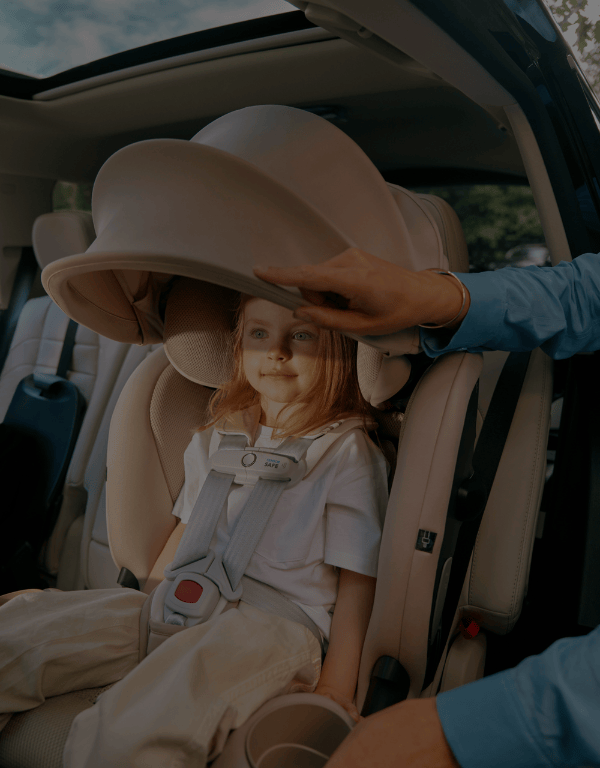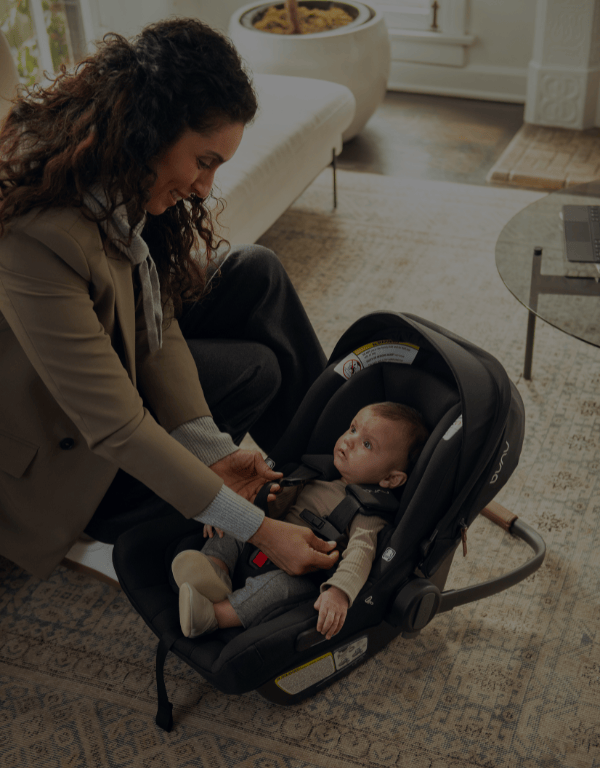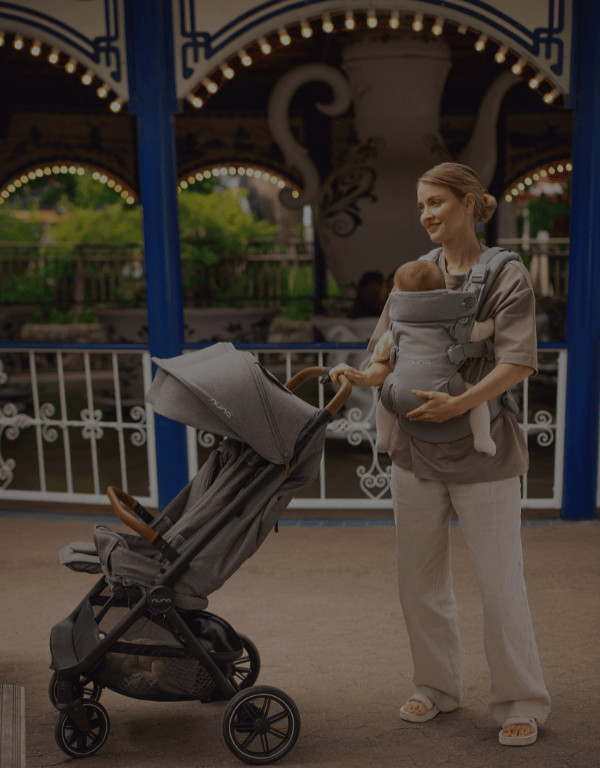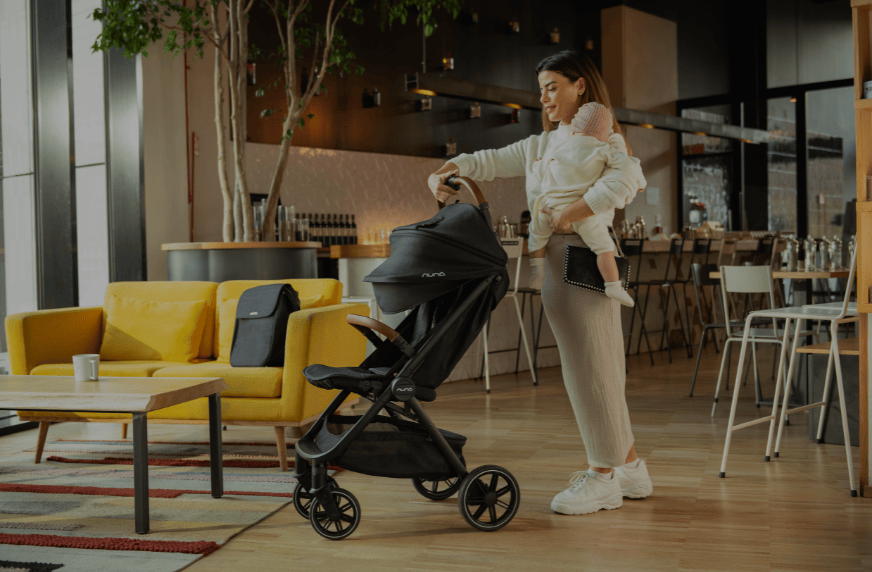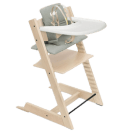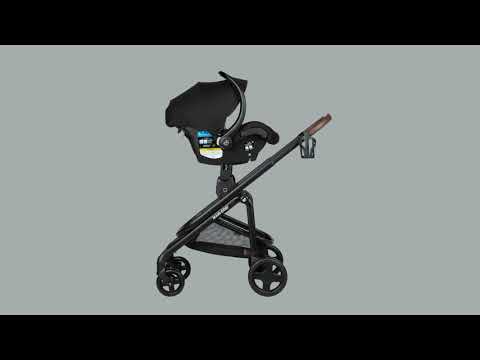
Potty training is a major milestone for you and your kiddo, but, like all things parenting, it can have ups and downs. Just when you think you’ve got it all figured out, your little one might suddenly start having accidents again or refuse to use the potty altogether. Your child is experiencing potty training regression, and while it can be frustrating, it’s a common and normal part of the process.
Regression can happen for many reasons, from changes in routine to underlying stress or even a new sibling entering the family. It’s important to remember that your child isn’t doing this on purpose—it’s just a temporary bump in the road. With patience, understanding, and a few practical strategies, you can help your child get back on track. We promise your future is diaper-free!
What is Potty Training Regression?
Potty training regression occurs when a child who has been successfully using the potty has accidents again or refuses to use it altogether. (Any regression in childhood development speak simply means reverting back to a previous stage of behavior or losing recently acquired skills.) And while it can be frustrating, it’s completely normal and usually easily solved once you identify the cause.
Common Signs of Regression
Noticing early signs of regression can help you address the issue more effectively. Here are some common signs to watch for:
- Increased accidents: Your child might start having frequent daytime accidents, even if they were doing well before.
- Refusal to use the potty: They may outright refuse to sit on the potty or use it, preferring diapers or pull-ups instead.
- Nighttime and naptime wetting: A child who was dry through the night might start wetting the bed again.
- Emotional changes: Your little one might show signs of frustration, embarrassment, or even fear related to potty use.
Why Does Regression Happen?
Understanding the reasons behind potty training regression can make it easier to address. Here are some common scenarios that might be contributing to potty backtracking:
- Stress and Anxiety: Big transitions and changes to a familiar routine, like moving to a new house, starting preschool, or major changes in your family, can disrupt a child’s sense of security. All this uncertainty and unpredictability can lead to potty training setbacks.
- New Sibling: The arrival of a new bundle of joy triggers adjustments for the whole family—especially big sisters or brothers. It’s also the first time many kids share their caregiver. All that attention paid to a newborn can make older siblings feel left out, prompting regression as they seek extra TLC.
- Constipation: If your kiddo is struggling with poop problems, it can result in more frequent accidents. Constipation can lead to discomfort and pain, making them hesitant to use the potty (and who could blame them).
- Underlying Medical Condition: Sometimes, potty training regression in kids can be caused by an underlying medical condition. Both urinary tract infections and newly diagnosed diabetes are two issues that can lead to increased toileting accidents, for example. If you’re concerned, talk to your pediatrician about your child’s accidents. They can rule out other issues and ensure timely diagnosis and treatment.
Helping Your Child Through a Potty Training Regression
Potty training can be an emotional rollercoaster for you and your kiddo. (Did anyone else also cry more than their toddler?) First and foremost, staying calm and patient is a must. Kids are incredibly intuitive and can pick up on your emotions. If you’re stressed or frustrated, they might feel that pressure, too. Potty setbacks happen, and reacting with calmness shows your child that it’s not the end of the world.
When an accident happens, use gentle and reassuring words like, “Oops, that’s okay! We’ll try again next time.” Your calm reaction normalizes the experience and reduces any shame or embarrassment they might feel. Remember, the goal is to encourage and support, not to scold or punish.
During a regression, your kiddo might need a little extra attention and TLC. Spend quality time together without distractions, giving them the reassurance they crave. Extra cuddles, bedtime stories, and one-on-one playtime can make a big difference. Let them know you’re there for them, and they’re still the same amazing kid, even with the setbacks.
Practical Tips to Handle Regression
While a potty training regression can be seriously frustrating, implementing a few practical strategies can make a big difference. (Hint: Think of it as potty training lite.) Here’s how you can support your kiddo through this (temporary!) phase:
Consistency in Routine and Expectations
Kids thrive on routine. Keeping a consistent schedule for potty breaks—much like initial potty training— helps create a sense of predictability and security. Make sure your child knows what to expect by setting regular times for them to sit on the potty, like after meals and before bedtime.
Offer Gentle Reminders and Encouragement
Sometimes, a simple reminder is all it takes. Gently prompt your child to use the potty, especially if they seem engrossed in play or other activities. Use positive, encouraging language like, “Let’s take a potty break!” or “Do you need to use the potty?” Avoid nagging or pressuring—it will only create stress and resistance. Gentle reminders and encouragement can help reinforce the habit without adding pressure.
Use a Reward System to Motivate Progress
Positive reinforcement is a powerful motivator. Consider implementing a reward system to celebrate your child’s successes, no matter how small. Stickers, small treats, or extra playtime can be great incentives. Remember to keep the rewards immediate and related to their potty success.
Keep a Potty Training Chart to Track Successes
A potty training chart is a visual way to track your child’s progress and celebrate their achievements. Create a simple chart with spaces for stickers or checkmarks each time they use the potty successfully. Watching the chart fill up can be very motivating for kids. It also provides a tangible way to celebrate their progress! Always remind them to take pride in their accomplishments, and maybe throw in a few extra high-fives.
Ensure Your Child is Comfortable and Relaxed
Comfort is key to successful potty training, and a relaxed environment helps reduce anxiety and resistance. And don’t rush them! Give them plenty of time to sit on the potty without feeling pressured. Reading a book or singing a song while they sit can really take the stress down a notch.
Addressing Specific Causes
When it comes to potty training regression, understanding the specific causes can help you solve the problem more effectively. These are some tailored strategies for common situations:
Handling Stress-Related Regression
Stress can trigger regression, whether it’s due to changes at home, starting a new daycare, or being introduced to a new teacher. To help your child cope:
- Create a Calm Environment: Try to keep your home environment as calm and predictable as possible. Consistent routines provide a sense of security.
- Talk About Their Feelings: Encourage your child to express their emotions. Use simple language to help them articulate their feelings, like, “I know things are different right now. How are you feeling?”
- Offer Extra Comfort: Give them plenty of hugs and reassurance. Let them know that it’s okay to feel upset and that you’re there to support them.
Managing Changes in Routine
Changes in routine can disrupt your child’s potty training progress. Here’s how to manage it:
- Maintain Consistency: Try to keep some aspects of their routine consistent, even when other parts change. When traveling, bring familiar items like their potty seat or favorite stuffed animal.
- Prepare in Advance: Talk to your child about upcoming changes. Explain what will happen and what they can expect to help them feel more prepared and less anxious.
- Be Flexible: Understand that regression might happen and be prepared to adjust your expectations temporarily. Patience and understanding go a long way.
Dealing with Regression After Illness
Illness can cause setbacks in potty training, as your child may not have the energy or control they usually do. Here’s what you can do:
- Prioritize Health: Focus on helping your child feel better first. Once they’re healthy, you can gently reintroduce potty training.
- Be Patient: Understand that they might need some time to get back on track. Offer encouragement and avoid putting pressure on them.
- Keep the Routine Simple: Stick to a simple, relaxed potty routine until they fully recover. Gradually ease them back into their previous routine.
Strategies for When a New Sibling Arrives
The arrival of a new sibling can be a big adjustment for your older child and may lead to regression. Here are some strategies:
- Involve Them: Let your older child help with simple tasks related to the new baby. With a little direction, they can be great assistants.
- Ensure One-on-One Time: Spend quality time with your older child to reinforce their sense of security and importance. Even a few minutes of focused attention can make a big difference.
- Reassure Them: Constantly reassure your older child that they are loved and valued. Use phrases like, “I love spending time with you” or “You’re such an amazing big brother.” Smother them with verbal and physical affection any time you have energy.
Regression is a normal part of the potty training journey. With consistency, gentle reminders, positive reinforcement, and a comfortable environment, you can help your kiddo navigate this phase with confidence. Remember, patience and understanding go a long way. Celebrate their progress, offer plenty of encouragement, and most importantly, keep a positive attitude.
Finding What’s Right for You
Albee Baby is the oldest family-owned specialty baby shop in the US. We pride ourselves on providing our customers with the best assortment of baby products anywhere, at fair prices, always. We’re committed to being an inclusive resource for parents and hope you feel empowered to find the right baby gear for your family. Still have questions? Feel free to contact our baby gear experts at 877.692.5233 or info@albeebaby.com.
 Car Seats
Car Seats
 Strollers
Strollers
 Travel Cribs & Playards
Travel Cribs & Playards
 High Chairs
High Chairs
 Cribs & Nursery
Cribs & Nursery
 Health & Safety
Health & Safety
 Gift Shop
Gift Shop
